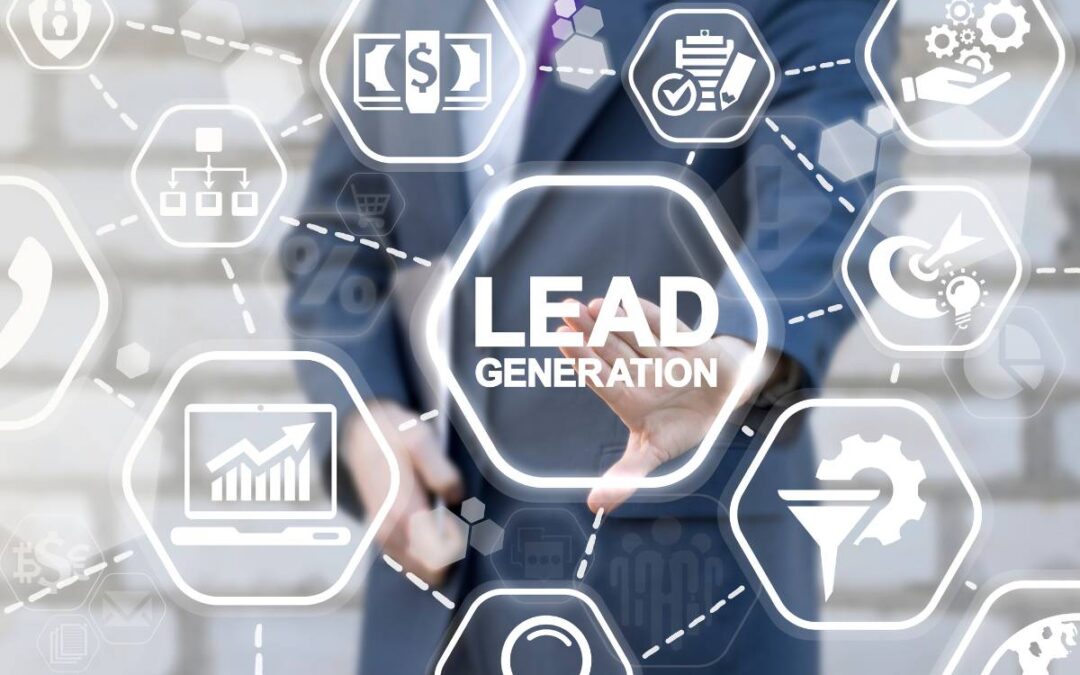Whether you’re a novice digital marketer or a veteran of the industry, the differences between business-to-business (B2B) and business-to-consumer (B2C) marketing can create complications. On the surface, the only thing separating the two appears to be the audience—one targets corporations while the other targets individual consumers. However, there’s much more separating B2B vs. B2C marketing than the acronym alone.
If you’ve spent time examining B2B and B2C marketing plans, you’ve come to the right place. Today, we’re thoroughly defining both B2B and B2C marketing and determining all that sets the two apart.

Understanding the Differences Between B2B and B2C Marketing
There are clear differences between B2B and B2C marketing. Each impacts the content type, tone, and method of delivery. Before examining tactical differences, it’s important to quickly review the primary differences between B2B and B2C marketing.
What is B2B Marketing?
B2B marketers sell products or services directly to other companies. As a full-service digital marketing agency, Bullseye Strategy is an example of a B2B company. We work with other businesses to improve their online digital reach and drive their sales.
B2B marketing targets businesses, specifically the decision-makers of the company. It is marketing aimed at C-suite and leadership team members.
What is B2C Marketing?
B2C is business-to-consumer marketing. B2C businesses sell products or services directly to individual customers. Brands and companies use B2C marketing to target and engage with individual consumers.
Do B2B and B2C Marketing Overlap?
Since B2B and B2C have such distinct audiences, the two will rarely overlap in a single marketing campaign. However, it is worth noting that some brands will have both B2B and B2C initiatives running at once. For instance, an auto brand might sell cars directly to individual purchasers and organizations that require fleets of vehicles, such as Amazon or a rental car agency.
Bear in mind, even if a brand does target both B2B and B2C audiences, the marketing materials should never be the same for both audiences. If you’re wondering what and how they should be differentiated, keep reading.
What Sets B2B vs. B2C Marketing Apart?
The clear differentiator between B2B and B2C marketing is the audience. However, everything from long-term goals and branding to the decision-making process will vary between each marketing campaign. These items drastically impact the content and messaging, how the content is delivered, and the targeting of ad campaigns.
Consider these differences that set B2B and B2C marketing apart.
Goals: Emphasis on Return on Investment (ROI) vs. Emotion Driven
B2B marketing focuses on educating a buyer about a product or service. The purpose of marketing collateral is to hone in on the product or service’s return on investment (ROI) or how the product or service features benefit the business in the long run. We see this often in B2B social media strategies, which feature interactive videos or infographics demonstrating the exact logistics of a product, such as time, money, or labor saved.
Alternatively, B2C marketing is emotion-driven and often (but not always) serves to entertain and create an emotional connection and occasionally educate on new products and services. Unlike B2B buyers, B2C buyers purchase with their hearts. Instead of hyper-focusing on how a product can save a consumer time, money, or energy, B2C marketing focuses on making an emotional connection with the prospective customer. B2C content describes how a product or service will make a reader feel hopeful, relieved, or excited.

Decision-Making Process: Length of Sales Cycles & Customer Acquisition
The decision-making and customer acquisition process for B2B vs. B2C is a distinct differentiator. For one, B2B marketing must appeal to several buyers: The primary individual who was delivered the content and the other stakeholders involved in the buying process.
Research shows there are typically six to 10 decision-makers in a typical B2B buying group. This means that content must speak to and provide information for individuals at numerous stages of the sales cycle. And though a business is counted as a single sale, a conversion often entails acquiring signoff from all parties involved in the buying process.
Comparatively, B2C marketing only needs to target one individual. That person is the primary buyer. They need not confer with a team to make the sale, save for consulting with a family member or friend possibly. B2C prospects tend to convert quicker and encourage a shorter sales cycle.
These intricacies in customer acquisition dramatically impact the type of content delivered to either audience. B2B marketing is often in-depth and ROI-feature-focused to draw approval from all members of a buying group and educate them at any point of the sales funnel. It can also be designed to create efficiencies and improve product offerings. B2C marketing can often afford to be more playful and favor simple, easy messaging that quickly sums up the product’s emotional appeal and feature benefits.
Branding: Relationship-Building vs. Recognition-Building
In digital marketing, your branding helps set your product or service apart from competitors. Your logos, taglines, imagery, video, and other marketing collateral items all create your brand. With B2B marketing, your branding works to build relationships. Since B2B marketing targets up to 10 people with each business transaction they close, it’s crucial to form bonds between buyers to encourage a conversion.
However, branding looks much different among B2C brands. With B2C marketing, the purpose is to generate loyalty, connect emotionally, and confirm credibility to motivate a consumer to purchase. Therefore, branding elements like logos and imagery are used to initiate brand recognition so that consumers can immediately correlate a logo or product with a brand. Where B2B marketing builds relationships, B2C marketing builds trust.
Effective B2B and B2C Marketing Strategies in 2021 and Beyond
From education-driven vs. emotion-driven to relationship-building vs. trust-building, so much sets B2B vs. B2C marketing apart. Understanding the differences between B2B and B2C audiences is key to developing marketing campaigns that appropriately target your ideal consumer—or, in the case of B2B buyers, a perfect group of consumers.
If you need help lifting your B2B or B2C marketing strategies off the ground or better understanding what separates the two, contact the trusted digital marketers at Bullseye Strategy today.







